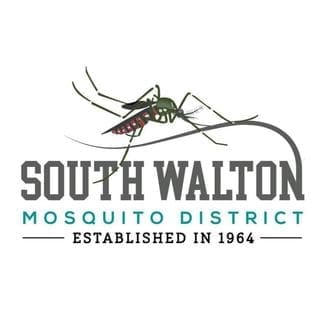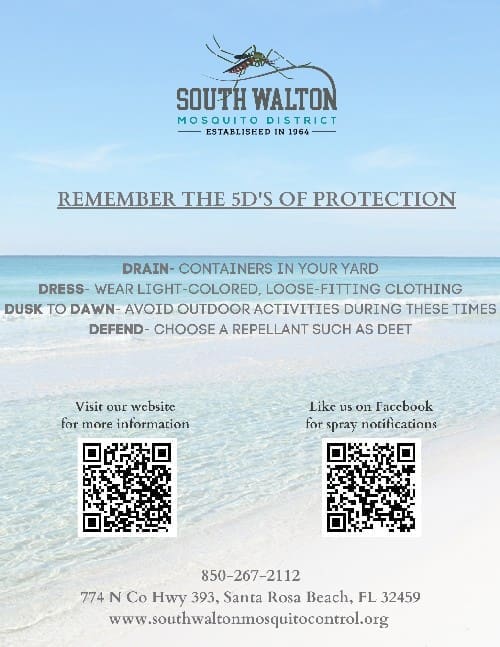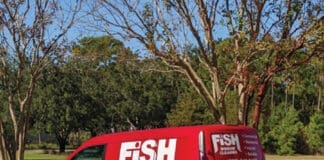Amy Anguiano,
Entomologist-Field Biologist
During the winter in North Florida, we get some relief from mosquitoes but not entirely. At some points of the season, it is easy to think that we are free from them until Summer. As temperatures dip below 60 degrees Fahrenheit the adults start to slow down and become lethargic. They are still active and breeding but not as much as before. Once temperatures go below 50 degrees, they slow down even more and may start to die off. But in our area, those temperatures do not last for long enough durations to make a large impact on the population. They will wait out the cool weather sheltering in places like burrows, tree holes, sheds, long grasses, and even dog houses. When it warms, they will be actively breeding once again.
The eggs are even more cold-tolerant. Even though they will be laid in water or moist soil, they can handle drying out and they can stay dormant for months. This dormancy is called diapause. Once temperatures rise, and it also rains, they will hatch out larvae and start their life cycle once again.

Some larvae can also withstand the cold and go into diapause as well. These, though, need to be in water. Cold water does delay adulthood, thus reducing the number of adults you may see, and will also give you a chance to find their pools of water and discard them.
This means that even in winter you will need to keep up with reducing the standing water around your house, not only for the larvae that have already hatched but for the eggs waiting to hatch. This will also keep the female from laying eggs in those locations. They can breed in a bottle cap’s worth of water so it can be easy to overlook the less obvious locations in your yard that can breed them. Some examples are clogged rain gutters, flowerpot saucers, bird baths, rainwater barrels, yard decorations, litter that may blow in, trash bins, and even tarps. Inside your home jars for rooting plant clippings are a target if a female gets inside. If it holds even a small amount of water, it can breed mosquitoes. Especially as we get our warm weather back.
You may see our technicians from South Walton Mosquito District dipping for larvae in ditches and other areas where there is standing water. If they can find the larvae before they become adults, we can prevent adults from emerging and breeding more. They also continue to monitor known problem areas as well. Our mosquito technicians work year-round making sure the residents and visitors of South Walton are safe and can enjoy the many winter activities our area has to offer. If you would like more information on this and other mosquito-related topics, you can visit our website at southwaltonmosquitocontrol.org for more details.

























































